The LightABLE™ embedded optical module can directly drive 100 µm fiber optic cables commonly found in older aircraft, eliminating the need to re-cable the aircraft to achieve higher interconnect bandwidth.
New or upgraded sensors and computer systems offer great benefits to existing military and commercial aircraft but often necessitate interconnect bandwidth of 10 Gbps or more. Unfortunately, replacing older 100 µm optical fibers in aircraft to support this higher bandwidth can be prohibitively expensive.
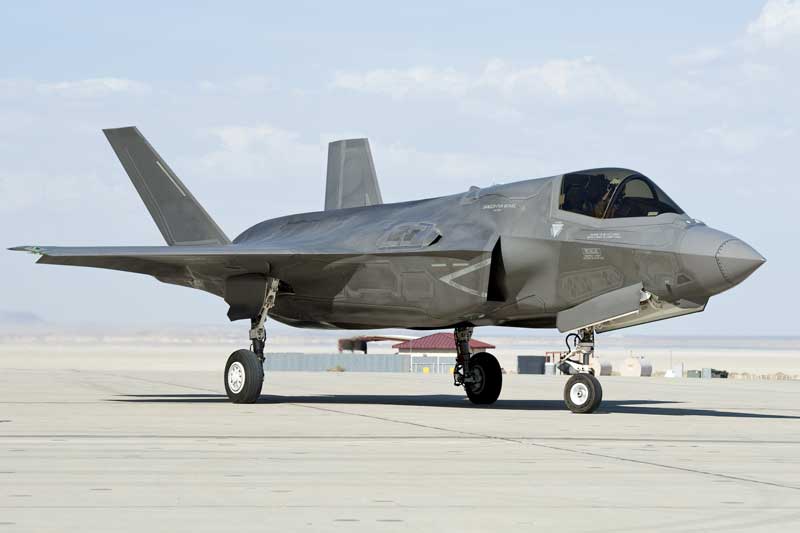
The Reflex Photonics LightABLE optical transceiver delivers error-free operation at 10 Gbps with older 100 µm fiber thus, alleviating the need to replace the installed optical cables. In addition, the LightABLE transceiver will operate with newer 50 µm fiber (OM3, OM4, or OM5) to deliver interconnect bandwidth well beyond 25 Gbps on distances up to 100 m.
Objective
Test the performance of LightABLE LM Series transceivers with 100/140 µm graded index optical fiber interface at temperatures ranging from −40 ºC to 85 ºC.
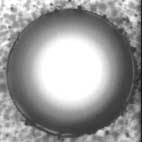
100/140 µm fiber is BF04432-01 100/140 – 250 fibers from OFS.
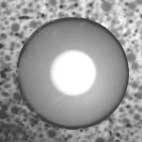
0/125 µm fiber. Pictures use the same scale.
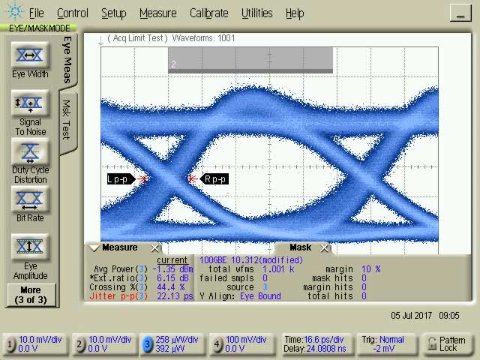
10.3125Gbps @ 85 ºC. Lane 1 L00C1775 with 50/125 OM3 interface.
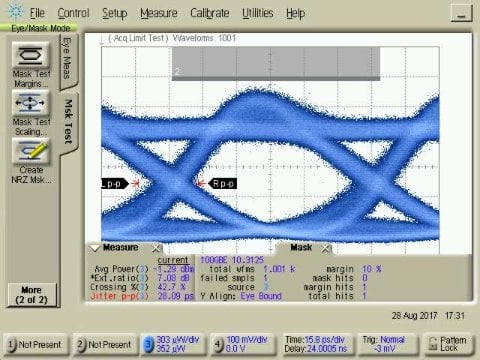
10.3125Gbps @ 85 ºC. Lane 1 L00C1813 with fully mode scrambled 100/140 fiber interface.
Observations
- The TX eyes are identical within normal measurement uncertainty.
- The main features such as jitter, extinction ratio, crossing % and average power are all maintained and remain within specification.
- 100/140 Coiled fibers and MT interface to 50/125 fibers were placed within the oven when taking the 85 ºC and −40 ºC measurements.
Receiver sensitivity results
Sensitivity tests were done on two SR4 units and two SR12 units, where the bit pattern of a PRBS-31 signal generated by reference TX module are injected in a 100/140µm coiled fibers. The fully mode scrambled signals of the 100/140 fibers are then injected to the receiver parts for bit error testing. One of the SR4 was also ramped up and down in temperature to measure at 85 ºC and – 40 ºC. Measurement is precise to 0.5 dBm.
* The sensitivity test measures the optical power level required to obtain 10-12 BER with a PRBS-31 signal.
Observations
- The RX sensitivity tests with a 100/140 fiber interface (fully mode scrambled) show no observable impact on the temperature dependence of the sensitivity.
- The RX sensitivity tests with a 100/140 fiber interface (fully mode scrambled) indicate decreased sensitivity of at most 1dB, for all tested conditions, when compared to using 50/125 µm fiber (OM3) network.

